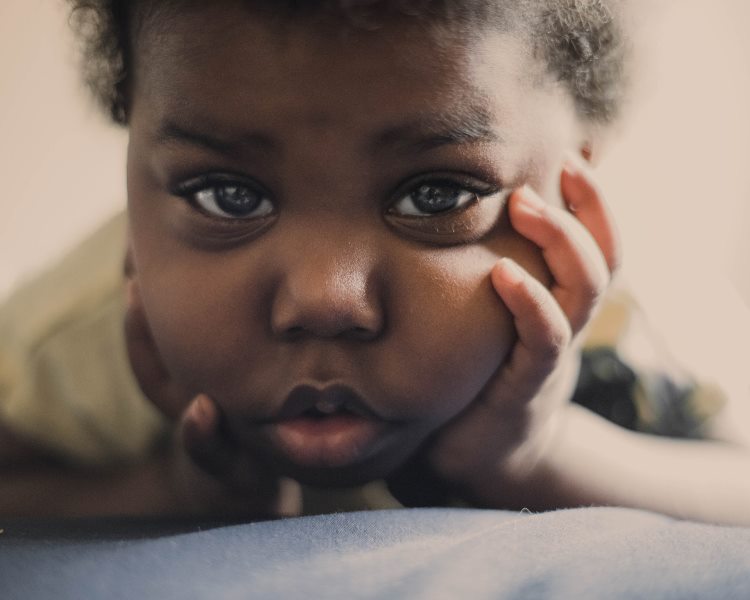On April 2nd, South African minister Maite Nkoana-Mashabane made an appeal to South Africans to reach out and aid those diagnosed with autism in the country. Autism is poorly understood across the world, but African people with autistic spectrum conditions have perhaps felt this more acutely; according to Spectrum News, there are only 50 child psychiatrists for the 1 billion people residing in sub-Saharan Africa. As a result, it is estimated that millions of people in Africa may have a form of autism but no diagnosis, and as a result, live without any support. The first step in combating this issue will be securing proper diagnosis across the continent.
Recognise early signs
There is no one defining factor that indicates a diagnosis of an autistic spectrum condition, and children may exhibit several different symptoms of autism before a diagnosis can be made. These include poor communication skills, including limited eye contact or waving; limited responsiveness to having their name called by parents; and a lack of sounds, including cooing or babbling in babies. Many of these symptoms do, however, have crossover with other conditions. For instance, anxiety is a common symptom in many children living with autism, yet it is not necessarily indicative of a diagnosis of autism. Studies have highlighted this potential confusion as a key area in which to focus efforts. One study, conducted by the Federal Neuro-Psychiatric Hospital, New Haven, Nigeria, suggests that a key improvement in treatment levels for those potentially diagnosed with Autism in Africa would be a full study across the continent to establish the levels of people who should be diagnosed with the condition.
Defeating stigma
Diagnosis is the first step to improving the situation for those diagnosed with autism. Treatment is the next step, but this is unfortunately blocked by stigma. According to Voa News, there is a perception in many African countries that children diagnosed with autism are spiritually unwell, or ‘devils,’ as one Sierra Leonean contributor to the paper described. Parents often believe religion can help to improve the lives of people living with the condition, as opposed to medical intervention. Challenging this stigma and establishing in society that children with autism have a legitimate medical need will be key across many African nations.
Implementing care
African nations as a whole already have issues with implementing health care. According to the Brookings Institute, the sub-Saharan African continent shoulders 23% of the global disease burden yet only takes in 1% of global funding. Put simply, healthcare across the continent is lacking. Despite this, improvements are occurring every year across the continent, both in terms of public healthcare and medical treatments. For autism, common treatments include speech-language therapy, behavioural therapy and physical and occupational therapy. Many of these disciplines have crossover with therapies established for other conditions such as anxiety, depression and PTSD; expanding their use to help provide treatment for those diagnosed with autism may be an effective strategy for African healthcare managers.
Understanding autism has been a challenge for many nations, and that includes those across Africa. Meeting the challenge of those diagnosed will be difficult, given the prevailing stigma in many communities. However, with time and effort, true understanding and treatment for autism spectrum conditions will become possible.
